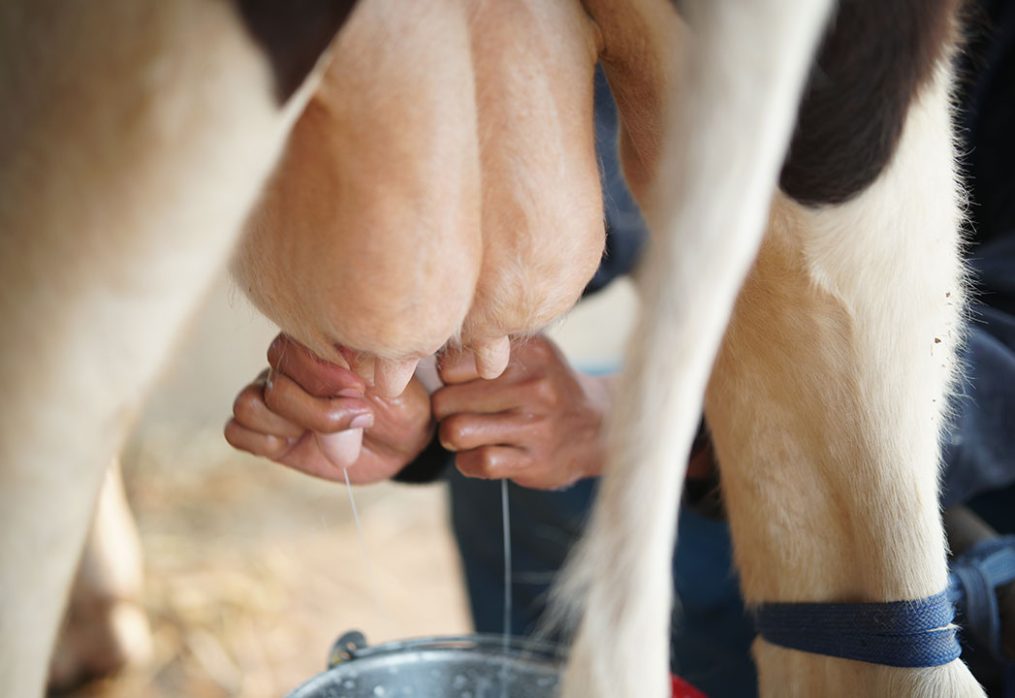Tips on Good Milking Hygiene every dairy farmer should know
As a dairy farmer in Kenya, it is important to maintain good milking hygiene to produce high-quality milk. This means keeping the cow’s udders clean, as well as the hands and milking equipment. The milking shed should also be kept clean. By following these simple tips, you can ensure that your milk is of the highest quality.
Here are some tips on good milking hygiene:
- Make sure the cow’s udders are clean before milking.
Cow udders are not always clean, even if they look clean. To clean the udders, use a brush or cloth to wipe them down before milking. This will help remove any dirt or bacteria that may be on the udders. Dirt and bacteria on the udders can contaminate the milk leading to poor quality milk – posing a danger and health risk to your customers. Cow udders can become dirty and with bacteria when the cows walk in dirty pens or during milking if the equipment is not properly sanitized between milkings. Ensuring they are clean is, therefore, an important step in the milking process.
- Wash your hands thoroughly before milking.
Your hands can also carry bacteria and dirt, which can contaminate the milk. To prevent this, make sure to wash your hands thoroughly with soap and water before milking. It is good practice for you, the dairy farmer, to have hand washing stations set up near the milking area and around the farm in case of a large dairy farm. This way, you and your employees can easily wash your hands before milking and will additionally help make hand washing a habit on the farm.
- Sanitize milking equipment between milkings.
The milking equipment must also be kept clean to avoid contamination of the milk. This means sanitizing the equipment between each milking. There are several ways to sanitize the equipment, but one of the most effective methods is to use hot water and detergent. The equipment should be washed in hot water, then rinsed with clean water. After that, it should be sanitized with a solution of bleach and water. The equipment should then be rinsed again with clean water before being used for the next milking.
- Keep the milking area clean.
The milking area, including the floors and walls, should be kept clean. This will help prevent the spread of bacteria and dirt. The milking area should be cleaned on a regular basis, and any spills should be cleaned up immediately. It is also important to schedule a thorough cleaning of the milking area regularly, such as once a week or month depending on the size of your herd. This will help ensure that the area is clean and free of any contaminants.
By following these simple tips, you can ensure good milking hygiene and produce high-quality milk. These tips will help you keep your cows healthy and your milk clean, making it safe for consumption. Good milking hygiene is also particularly essential for every dairy farmer in Kenya to help prevent the spread of disease on the farm.
Do you have any questions on the best practices to maintain hygiene on your dairy farm? Talk to us today. Our experts, at Feed and Fodder, would be more than happy to advise you on the best ways to keep your farm clean and your milk safe.
Thank you for reading!
